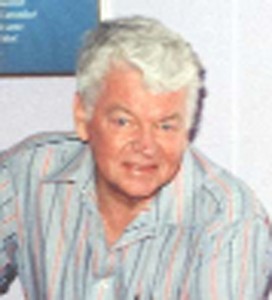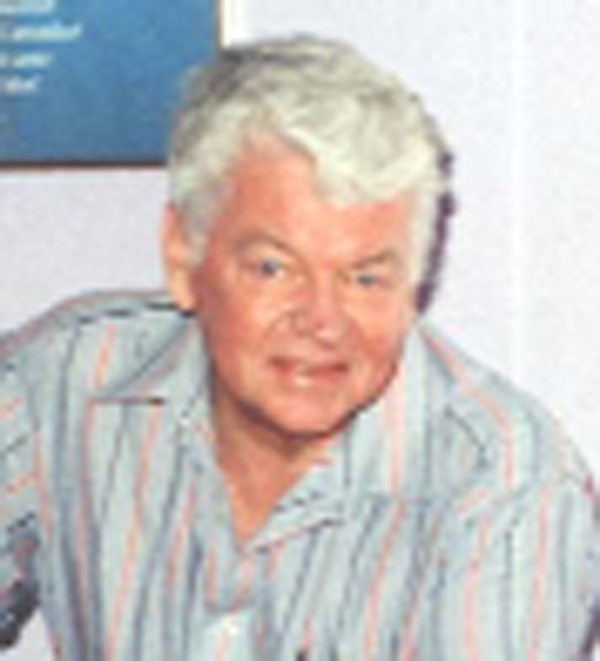By Ian McDonald
Former CEO of the Sugar Association
of the Caribbean; Caribbean novelist and poet
In 1991-92 Sonny Ramphal was chairing the West Indian Commission, one of the many important lives he was living at the time. He took me on as Editorial Assistant for the commission so for a significant part of a couple of years I saw him in action at close quarters. I am still in wonder.

It is hard to list the qualities in any order of precedence: clarity of mind; firmness of purpose; mastery of the English language; a supreme gift for networking; endless patience in negotiation; that unusual, almost magical ability to get consensus and results from a multi-talented, various-minded group without the application of brute force – except, perhaps, once or twice when absolutely necessary!
It is hard not to seem to be exaggerating because of this special occasion – birthday praise – but I am not in the least exaggerating. If anything I am not capturing half of it. It is not easy to describe flavour and spirit – the fun, for instance, the laughter ringing out, the seize-the-day enthusiasm which always entered the room with him, the fizzing excitement of his what-about-these ideas and solutions, that strange, exhilarating feeling of wanting to go the extra mile with him, how with sudden intensity he conveyed the exciting importance of the work. It was such a privilege.
And, by the way, in regard to the West Indian Commission – and Sonny’s signature is all over its final report Time For Action − I am inclined to agree with the view that the non-acceptance by Caricom Heads of Government of its main recommendations was a key turning point for the worse in the ill-starred history of the search for West Indian integration and nationhood.
I am not at all surprised that Sonny Ramphal has achieved so much. He always operated at full throttle at the highest level. And nothing was subsidiary. Heart and soul and the sharpest mind around were always committed to whatever he was doing. He was the greatest regional figure of his era and his era lasted a long time and now that his power at the centre fades so too fades the West Indian dream.
And more than any West Indian of his time, or any time I can think of, he stepped on to the world stage with aplomb, with complete assurance, and made his mark. Best known and most accomplished of all Commonwealth Secretaries-General. A principal and persistent organizer of the anti-apartheid movement worldwide, his name forever inscribed on South Africa’s roll of honour. He was, uniquely, the common factor on the five great international commissions which offered guidance on how to make the world an infinitely better place: the Brandt Commission on Development; the Palme Commission on Dis-armament and Security; the World Commission on Environment and Development; the Indepen-dent Commission on International Humanitarian Issues; and the South Commission on the major problems facing Third World countries. He was a dynamo in them all. It was an almost unbelievably unique summons to duty. Imagine the time, the researched knowledge, the daily stint of hard work and thought, the fervour devoted to these five great blueprints for humanity.
Sonny Ramphal has been abundantly honoured. Yet it seems to me that the accolades have not fully measured the achievements of this man nor rewarded his immense talents with the recognition and offices which he deserved and from whose service in which we would all have benefited.
If a West Indian Federation had succeeded in the first place Sonny Ramphal would certainly have risen to be a leader in it, perhaps the foremost leader, and in such a position he would have possessed the means and structure through which his unparalleled skill, energy, diplomatic ability and determination could have built a West Indian nation securely for the ages. It is an historic might have been which would have re-written our history.
For his unflagging zeal and contribution on the five great world commissions which did so much of the spade work and set so many of the benchmarks for current debates, Sonny Ramphal deserved a Nobel Peace Prize. The list of laureates lacks an essential name. It is an historic might have been which decidedly should have been.
His long experience in the Commonwealth, his indefatigable work on the five commissions, his leading role in the anti-apartheid cause, his extraordinary grasp of international problems and formidable sense of how to solve them, his energy, flair for diplomacy and inspiring oratory should easily have raised him to be the United Nations Secretary-General. He would have been one of the great ones. But the powers that decide such things suspect the conspicuously talented and independent-minded. It is an historic might have been which would have led to a better world.
There is such physical force and mental energy in Sonny Ramphal still that one has the feeling that he has more to do which might fill a few very interesting late chapters in his memoirs. So it is probably premature to urge him to get down seriously to write the story of his remarkable and so wonderfully and variously achieved life. Yet I do so urge him, knowing three things: the story he has to tell will be infinitely absorbing in its perception of historic turning-points and momentous issues; he has the lucid art and literary flow of language to write a book which stands out in our history and literature; and, finally, men have found a lasting greatness not simply in what they have famously achieved but also in what they memorably write of their lives and times. He should embark on this new labour without delay.

